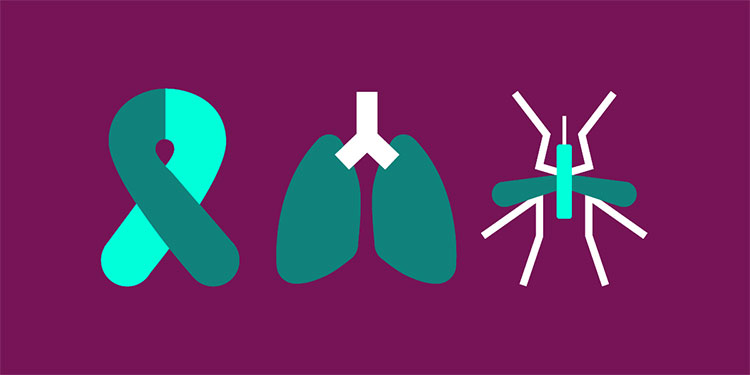
The allocations include US$12.71 billion for country allocations and US$890 million for catalytic investments for the period beginning 1 January 2020 – 23% more than for the previous three-year period. The funds will help save 16 million lives, cut the mortality rate for the three diseases in half and get the world back on track to end the epidemics of AIDS, malaria, and tuberculosis by 2030.
“World leaders met together at our Renewal and made commitments to step up the fight to end these epidemics by 2030,” said Peter Sands, Executive Director of the Global Fund. “Now the real work begins. Our allocations will allow partners to expand programs that work, and to find innovative solutions for new challenges. In addition to more money, we need better collaboration and more effective programs.”
The Global Fund’s 2020-2022 allocation methodology is geared toward increasing the overall impact of programs to prevent, treat and care for people affected by HIV, TB, and malaria, and to build resilient and sustainable systems for health. The allocations provide significantly more resources for the highest-burden and lowest income countries while maintaining current funding levels or moderating the pace of reductions in other contexts.
Most eligible countries have increased allocations, and every region is getting more funding overall. Countries in Africa are receiving around US$2 billion more than in the previous period, and countries in West & Central Africa have the biggest increase – US$780 million.
The allocations include increased investments in Eastern and Southern Africa for HIV prevention among adolescent girls and young women; more funding for the countries with the highest burden of TB in Africa and Asia; continued investments in Eastern Europe to cover the costs of treatment for multidrug-resistant TB; more funding for African countries with a high burden of malaria, and increased focus in the Sahel region to boost vector control and seasonal prevention campaigns.
Eligible countries were notified of their country allocations over the past week. The full list of allocations is available on the Global Fund website, along with a detailed explanation of the allocation process and methodology. In the next step of the funding process, countries will prepare and submit funding requests to the Global Fund for review and approval, starting in 2020.
